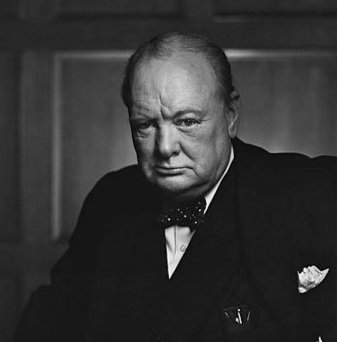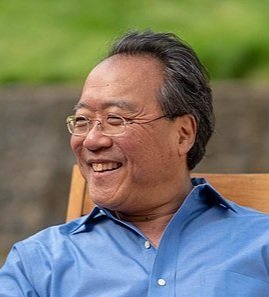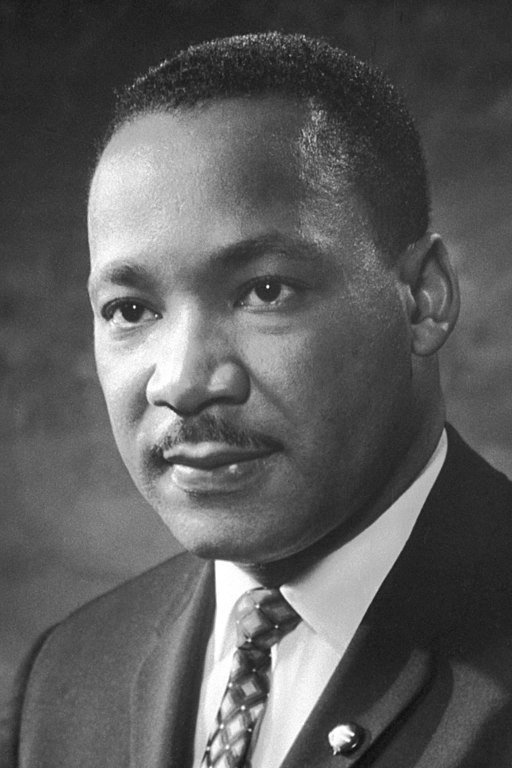I’m learning to embrace this new calling, the one I never expected
If you ever pondered whether you had a calling and how to find it, you probably did not decide it would be taking care of a person with Alzheimer’s disease.
Instead, most likely you thought about how you would change the world—or at least make yours a little more satisfying. And that’s typical. Young people just graduating from college as well as their 40-something parents wrestling with midlife often ask themselves, “What can I do that will make some difference for someone?”
Occasionally a person perceives a calling for himself that no one else can see. Carter Baldwin writes about “one pitiful contestant” on an episode of American Idol and Randy Jackson’s assessment: “This just ain’t your calling, dawg.”
But other callings seem clear. We’d readily agree that Winston Churchill was called to save Great Britain or that Martin Luther King Jr. was called to battle inbred racism. If I said Yo-Yo Ma’s calling is the cello or Handel’s calling was Messiah, everyone would agree.
But how many young parents embrace their calling to guide a headstrong preschooler toward responsible adulthood? How many husbands or wives see support of and submission to their spouse as a calling they can’t ignore?
And what about all those Alzheimer’s caregivers, repeating answers to the same repeated questions, sloshing through the slog of keeping their loved ones safe and presentable and at peace? Is this “unchosen journey” really a calling?
The only way I can cope is to believe it is.
Obvious call, difficult task
Christians talk about being called to serve God. But not so often do we probe the fact that God’s most obvious calls were almost always to the most difficult tasks.
At the burning bush, Moses pled with God not to face Pharaoh, but God insisted—so Moses obediently confronted the stubborn ruler again and again until unimaginable suffering had befallen the Egyptians around him.
God spoke directly and doubtlessly to the prophets, who then usually were ignored or ridiculed or punished because of it.
The angel appeared to Mary, who said, “OK,” and then endured childbirth with the suspicion of her neighbors and without the presence of her own mother.
Saul became the apostle Paul after being struck blind by a piercing light and a voice from Heaven, only to enter a life that included stonings, shipwrecks, and prison.
Each of these sufferers knew they had been called by God. Why should I ignore or reject my call, then, just because it’s costly or undesired or unpleasant?
Why should I ignore or reject my call,
just because it’s costly or undesired or unpleasant?
And then we come to Jesus: Jesus praying in Gethsemane with an agony beyond what anyone else has experienced, Jesus sure but making sure of what God wanted from him, Jesus resolutely rising from prayer in the dark to meet his betrayer and a soon, certain execution.
Photo by Mads Schmidt Rasmussen at Unsplash
More than one devotion writer this Holy Week will praise Jesus for his prayer that night: “Not my will, but yours, O God.” The whole world is glad he accepted his calling.
But if I’m so bold as to repeat that prayer, how will I know God’s will for me? Actually, he’s made it clear:
“Rejoice in the wife of your youth” (Proverbs 5:18).
“Husbands ought to love their wives as their own bodies” (Ephesians 5:28).
What do I have?
We had a rousing discussion in my Bible class this week about the church’s duty to show love within its own ranks and to our needy world. And I thought on the way home about all the ways my wife and I might have done that without her disease. We could work together to serve with agencies helping the under-resourced. We could invite folks into our home to feed and encourage them. Maybe we would mentor a younger couple. Maybe we would nurture a neighbor in need. Maybe we’d jump in full-bore to help advance some initiative to bring health and hope to our community. My mind was spinning with the possibilities.
But Alzheimer’s has blunted all of that. And so what do I do with what’s left?
I mean, what do I have when I meet my wife standing confused in the bedroom in the middle of the morning, unable to decide whether she wants to get dressed or go back to bed?
Photo by Mika Baumeister at Unsplash
What do I see when I watch her struggle to find words for explaining to me what she just read on Facebook?
What have I found when I’ve put together her Sunday outfit, when I encourage her to make a load out of the laundry overflowing the hamper, when I make sure the bathroom’s stocked with toilet paper, when I sort her medicine and remind her to take it and cajole her to wear her CPAP machine?
What do I have in all the daily, dull duties that have overshadowed any grand desires to make some big difference in the world?
I have my calling.
How will I answer?
Idealistic college graduates aren’t the only ones praying for God to show them how to make an impact. Idealistic retirees pray that prayer, too. How could I serve? What’s out there, on the horizon? Where’s the opportunity?
Maybe for me something will pop up someday, somehow, that I can’t see now.
But I’ve decided my answer is in what I can see, in the next room, waiting for me to fix supper. She is my calling.
All that remains, day after day, is for me to answer.





